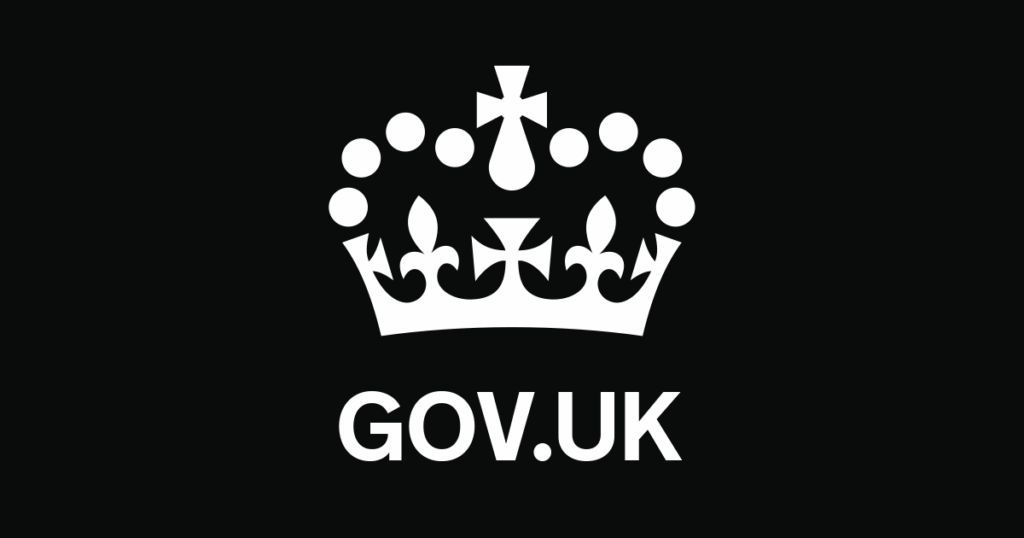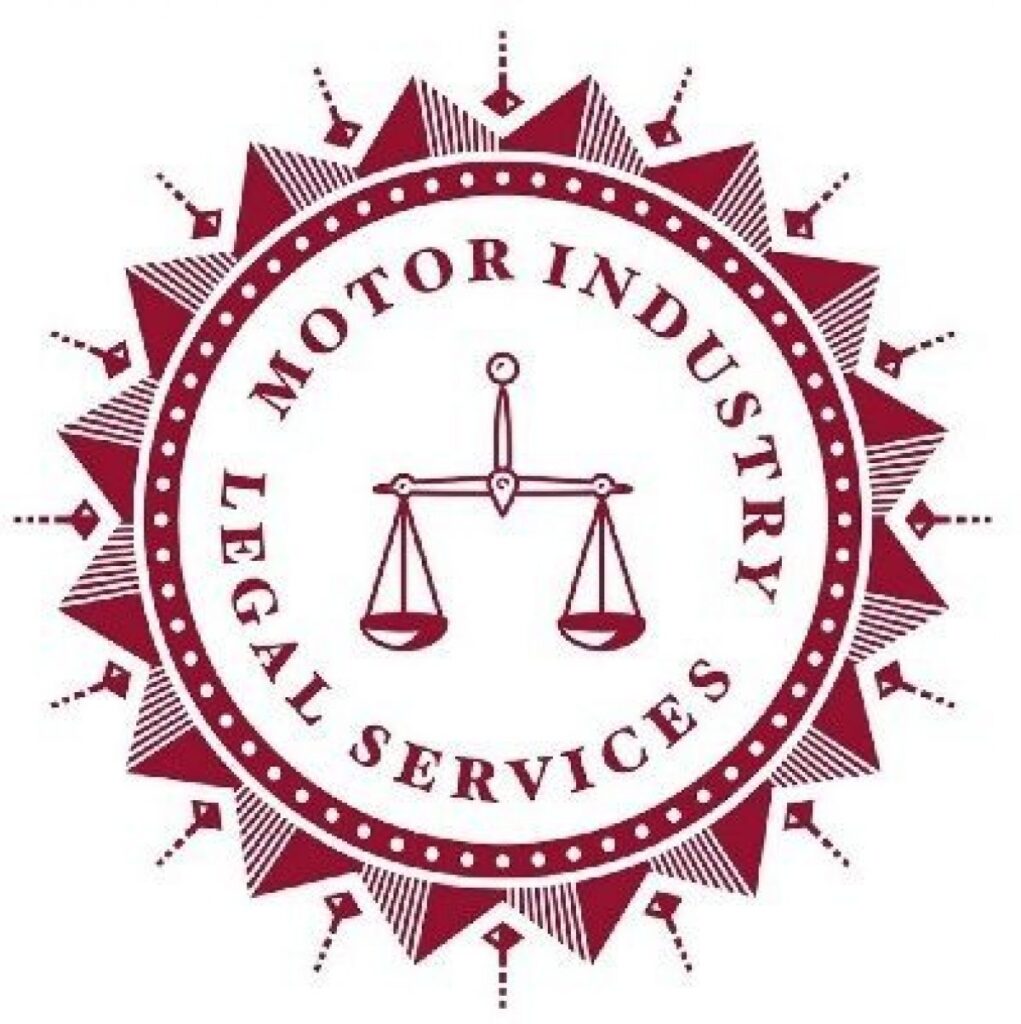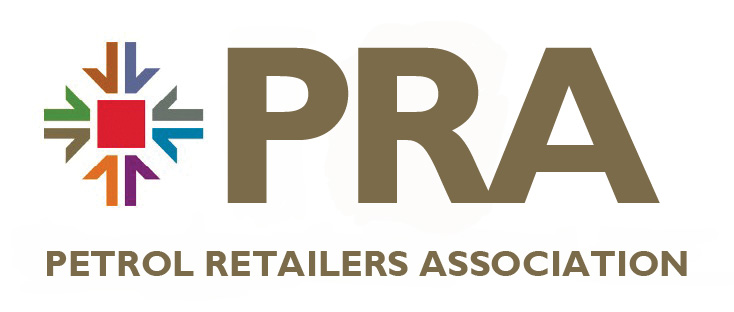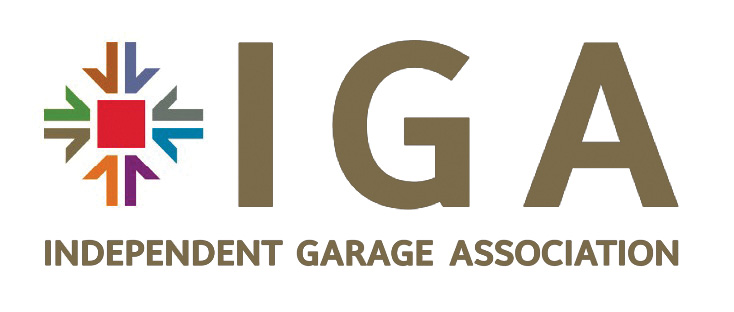[vc_row type=”in_container” full_screen_row_position=”middle” column_margin=”default” scene_position=”center” text_color=”dark” text_align=”left” overlay_strength=”0.3″ shape_divider_position=”bottom” bg_image_animation=”none”][vc_column column_padding=”no-extra-padding” column_padding_position=”all” background_color_opacity=”1″ background_hover_color_opacity=”1″ column_link_target=”_self” column_shadow=”none” column_border_radius=”none” width=”1/1″ tablet_width_inherit=”default” tablet_text_alignment=”default” phone_text_alignment=”default” overlay_strength=”0.3″ column_border_width=”none” column_border_style=”solid” bg_image_animation=”none”][vc_column_text]
RMI Coronavirus Briefing – 23.07.2021
Please see an update on Covid self-isolation exemption rules in England and Scotland. At this stage, Wales and Northern Ireland have chosen not to issue any new self-isolation exemptions.
England
It is important to note that under the current rules, trade associations are unable to claim for an exemption on behalf of businesses/ sectors. The Government has stated that employers themselves must contact the relevant department and the letter must have the specific employees name confirmed on it.
Please see the relevant contact emails below:
| BEIS | [email protected] | |
| Defra | [email protected] | |
| DfT | [email protected] | |
| Home Office | [email protected] | |
| MHCLG | [email protected] |
Please see the full eligibility criteria below:
This policy only applies to you if your employer has received a letter from a government department on which your name is listed. In this event you will be able to leave self-isolation to undertake critical work. In all other cases, you should continue to self-isolate as now.
This policy applies to named workers in specifically approved workplaces who are fully vaccinated (defined as someone who is 14 days post-final dose) and who have been identified as close contacts. Permission to attend work is contingent on following certain controls, agreed by the Department of Health and Social Care, to mitigate the risk of increased infection. This is not a blanket exemption for all workers in a sector.
The test that is applied when identifying if an individual could attend work is whether they work in critical elements of national infrastructure and whether their absence would be likely to lead to the loss or compromise of this infrastructure resulting in one or both of the following:
- major detrimental impact on the availability, integrity or delivery of essential services – including those services whose integrity, if compromised, could result in significant loss of life or casualties
- significant impact on national security, national defence, or the functioning of the state
The process is exceptional for these specific circumstances. It is not intended to avoid all disruption to services that will result from the need for people to self-isolate.
The process will not cover all or in most cases even the majority of workers in critical sectors. For example, an exception may be suitable in the case of absences in critical railway signalling roles essential for the functioning of parts of the network but is less likely to be suitable for individual train drivers. Similarly, it would be likely to apply to control room staff in power stations who are required to be physically located in the power station control rooms on site but would not apply to power station administration staff that are likely to be able to work from home. Likewise, it would be likely to apply to public servants in the control rooms of critical flood defence infrastructure but not to ministers or public servants shaping long-term flood control policy.
This process does not apply to any workers who have tested positive to coronavirus and should also not be used for contacts who develop symptoms regardless of their role or vaccination status. In these circumstances you should continue to self-isolate as now.
Scotland
Please see what the Scottish Government have published below:
Changes are being made to self-isolation rules for close contacts of COVID cases to allow essential staff in critical roles to return to work to maintain lifeline services and critical national infrastructure.
It will be possible to apply to exempt those who work in critical roles where staff shortages are in danger of putting essential services, such as health and social care, transport and the provision of food supplies at risk.
Exemption will only be granted in respect of members of staff who voluntarily agree not to self isolate, and the employers’ duty of care to all their employees must be respected.
Strict conditions will apply – staff must be double-vaccinated and in receipt of their second dose at least two weeks previously. They will also require to have a negative PCR test and to agree to undertake daily lateral flow tests.
Applications may be made via the Scottish Government website.
Exemptions will be made on a temporary basis and last only for as long as there is an immediate risk to business or service continuity.
When contacting the Scottish Government, please use the email addresses below:
First Minister Nicola Sturgeon said:
“It is essential that lifeline services and critical national infrastructure are maintained and we are implementing these changes now – ahead of possible changes to self-isolation rules for close contacts that may apply more generally in future – to ensure staff shortages do not put key services at risk.
“We have seen significant staff shortages in a small number of organisations in recent days and we have worked with them to protect services. Applications for exemptions are being considered from today and we will consider applications as they come in.
“Clinical evidence tells us we can safely and effectively release some critical staff from self-isolation, with appropriate safeguards. However, this is a very limited change at this stage, to be applied on a case by case basis and only where absolutely necessary.
“We will not allow key services to be threatened by staff shortages but equally we must continue to protect public health.”
Background
The First Minister set out to parliament on 13 July that changes to self-isolation policy may take effect beyond Level 0.
Under this new process, before a staff member who is a close contact of a positive case can return to work, they must fulfil the following criteria:
- be fully vaccinated, having had their second dose at least 14 days before exposure
- be asymptomatic, and be in possession of a valid vaccination record (available from NHS Inform here)
- have evidence of a negative polymerase chain reaction (PCR) test
- return a daily negative lateral flow test for up to 10 days after exposure
- fully comply with any PPE requirements, hand hygiene and other infection control measures
Staff who cannot reasonably isolate from on-going exposure to a COVID positive household member will not usually be asked to return to work.
Applications can be made via the Scottish Government website and will be required to demonstrate:
- that the organisation meets the definition of CNI as set out here Critical National Infrastructure | CPNI
- how self-isolation is impacting critical functions and services
- what steps have already been taken to address this pressure
- the impact of no action
- the scope of the requested exemption – location, number of staff etc
- whether they are currently engaging with a local IMT regarding outbreak management
Health, social care and local services will have a different process and this will be communicated separately.
This is an ongoing matter and any further developments will be relayed in due course[/vc_column_text][/vc_column][/vc_row][vc_row type=”in_container” full_screen_row_position=”middle” column_margin=”default” scene_position=”center” text_color=”dark” text_align=”left” overlay_strength=”0.3″ shape_divider_position=”bottom” bg_image_animation=”none”][vc_column column_padding=”no-extra-padding” column_padding_position=”all” background_color_opacity=”1″ background_hover_color_opacity=”1″ column_link_target=”_self” column_shadow=”none” column_border_radius=”none” width=”1/1″ tablet_width_inherit=”default” tablet_text_alignment=”default” phone_text_alignment=”default” overlay_strength=”0.3″ column_border_width=”none” column_border_style=”solid” bg_image_animation=”none”][/vc_column][/vc_row]









